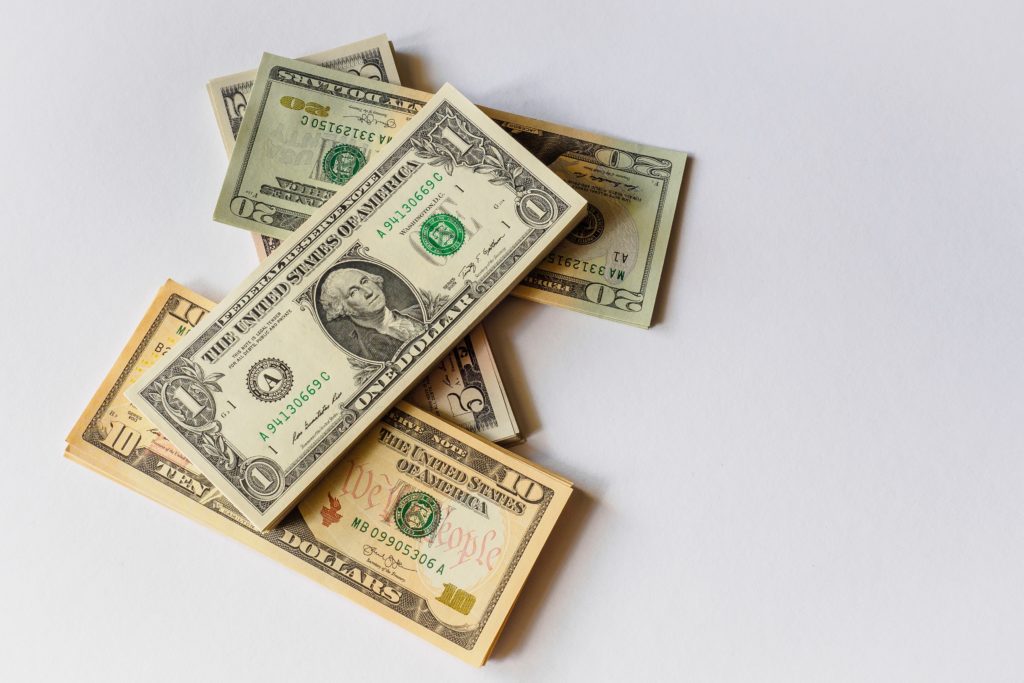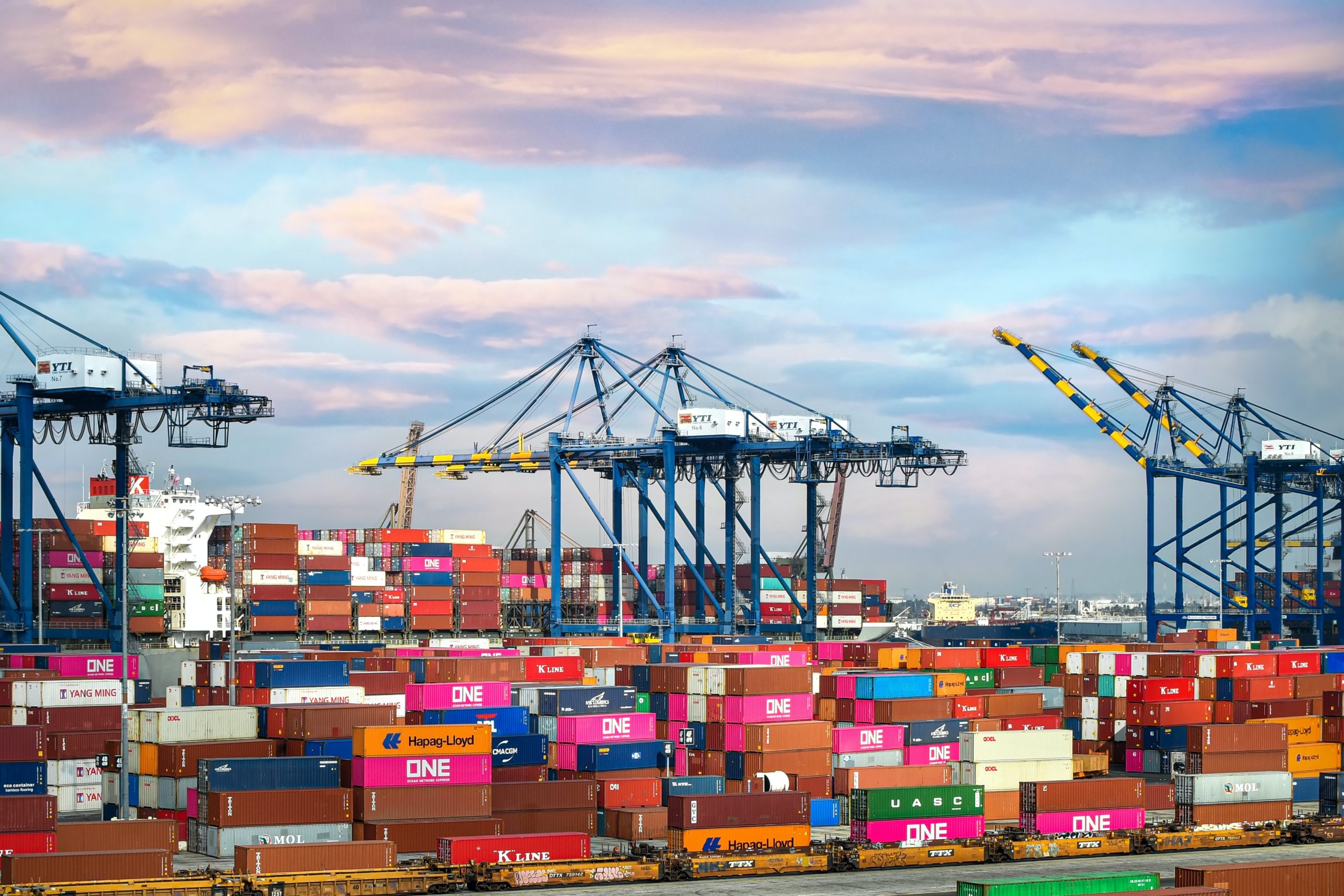Excise duty is a type of tax that is levied on products for their creation, issuance, and sale. It is an additional tax that manufacturers of products pay to the state. Fermented drinks, nicotine items, oil goods, caffeine, oil and gas, fluid for an electric cigarette, parts for making liquids for electronic cigarettes, and tobacco substitutes are all subject to this tax.

The duty stamp attests to the fact that the products stated on the label have a legitimate source and have been placed under state supervision in compliance with the necessary excise tax requirements. The duties of a security element are also carried out by the excise stamp for tobacco items.
The list of taxable goods and their excise tax rates can be seen below.
Alcohol
Liquor, champagne, aged drinks, transitional items, and other alcoholic drinks are among the alcoholic products that are taxed. Beer is defined as a matured intoxicating liquid made from malt, water, and hops, with a minimum pure alcohol content of 0.5 percent by weight.
Guidelines regarding the inclusion of alcoholic drinks in the creation of nutritive pills are made by the Executive council. The levels and collection of taxes are also governed by the administration. The following table lists the various years’ alcohol tax rates:
Table 1
| Kind of alcohol | 2018 | 2019 | 2020 | 2021 |
| Wine | 92 | 101 | 106 | 111 |
| Fermented drinks up to 6° | 64 | 64 | 64 | 64 |
| Fermented drinks over 6° | 92 | 101 | 106 | 111 |
| Intermediate items up to 15° | 92 | 101 | 106 | 111 |
| Intermediate items 15°-22° | 150 | 168 | 176 | 18 |
| Beer | 6.80 per volume | 7.40 per by volume | 7.80 by volume | 8.20 per % by volume, but not less than 15.20 |
Cigarettes
Cigars, pipes, nicotine, tobacco plants, cooked tobacco, and e-cigarettes are all examples of tobacco goods that are taxed. Non-tobacco items are those that, according to the National Pharmaceuticals Board, are only used for medicinal reasons and do not include tobacco. The tax rates on tobacco products are displayed in Table 2.
Table 2
| Type | 2019 | 2020 | 2021 | 2022 | 2023 |
| Cigarettes | 109.20% | 114.70% | 121.40% | 128.40% | 135.90% |
| Cigars | 88% | 115.20% | 104.70% | 115.20% | 126.70% |
| Fine-cut rolling tobacco (1000 g) | 70% | 75% | 80.25% | 85.90% | 91.90% |
| Other smoking tobacco | 70% | 75% | 80.25% | 85.90% | 91.90% |
| Tobacco leaves | 70% | 75% | 80.25% | 85.90% | 91.90% |
| Heated tobacco | 70% | 75% | 160% | 207% | 218% |
Soft drinks and coffee
Waters with the infusion of sugar, other syrups, or flavorings, as well as other drinks that do not fit the criteria of intoxicating fluids are considered non-alcoholic beverages and are taxable items. Coffee, whether roasted or unroasted, with or without stimulants, is another taxed item. The tax rates are shown in table 3 below.
Table 3
| Item type | Tax in euros |
| Beverages (per 100 liters) | 7.40% |
| Coffee (per 100 kg) | 142.29% |
Natural gas
The supply of natural gas to final consumers is taxed. Natural gas used for reasons other than as fuel or firewood is not subject to tax. The process through which natural gas will be taxed or not will be decided by the Ministerial Council. The tax rate for natural gas is displayed in the table below according to its intended use.
Table 4
| Purpose | 2020 | 2021 | 2026 |
| Heating fuel | 1.65% | 1.65% | 1.65% |
| Transport | 9.64% | 1.91% | 10% |
| Industries | 0.55% | 0.55% | 0.55% |
Oil products
The oil commodities are still subject to tax even if biodiesel gasoline is made fully from wood or paraffinized petroleum diesel is made entirely from biomass. The rates for oil taxes are shown in the table below.
Table 5
| Product type | 2018 (Euros) | 2020 | 2021 |
| Unleaded petrol | 476 | 509 | 509 |
| Leaded petrol | 594 | 594 | 594 |
| Diesel fuel | 372 | 414 | 414 |
| Petroleum | 372 | 414 | 414 |
| Fuel oil | 372 | 414 | 414 |
| Biodeisel | 0 | 0 | 330 |
| Marked biodiesel | – | – | 21 |
| Petroleum gases | 244 | 285 | 285 |







